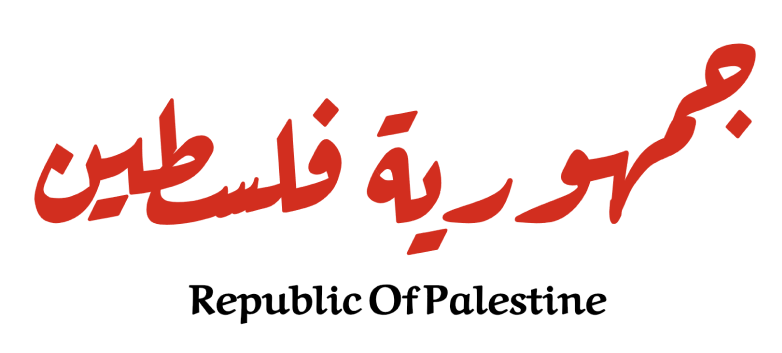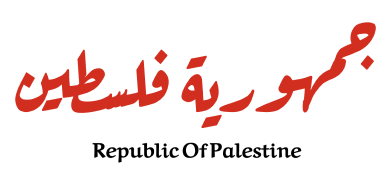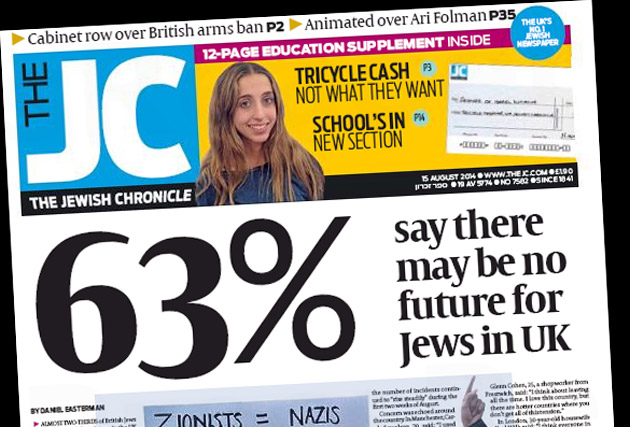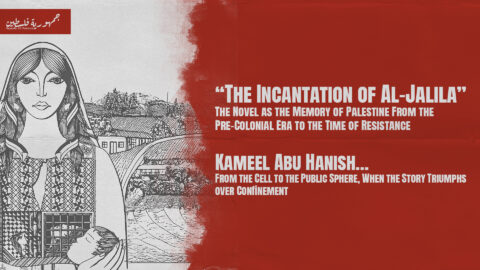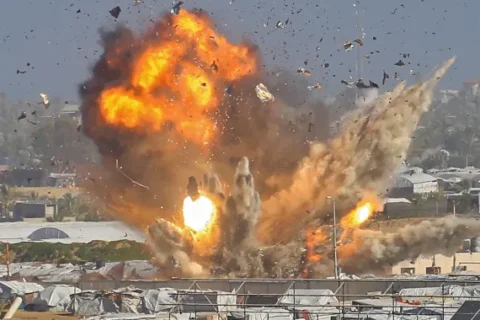In a recent investigative piece by Haaretz, serious doubts have been raised about the credibility of a widely circulated article published by Britain’s Jewish Chronicle. The article, written by journalist Elon Perry, claimed that Hamas leader Yahya Sinwar was planning to escape Gaza, smuggling himself and Israeli hostages into Iran. However, this report is now being scrutinized for its lack of verifiable sources, questionable credentials of the author, and possible fabrication of information.
Wild Allegations
Last week, Elon Perry published a piece for the Jewish Chronicle that sent shockwaves through Israeli and international media. Citing unnamed “intelligence sources,” Perry claimed that Sinwar, along with other Hamas leaders and Israeli hostages, intended to flee Gaza through the Philadelphi Corridor into Sinai, ultimately reaching Iran. The story gained immediate traction and was picked up by major Israeli outlets like Mako, Maariv, and Channel 14.
The article also appeared to bolster statements made by Israeli Prime Minister Benjamin Netanyahu, who, in a press conference, referred to Hamas’s supposed plans to use the Philadelphi Corridor for hostage smuggling as a justification for maintaining control of this contentious area.
Scrutiny Begins: Unraveling the Story
Despite the article’s swift circulation, it wasn’t long before questions arose. Israeli journalist Ronen Bergman, writing for Ynet, was among the first to cast doubt on the report. His sources in the Israeli intelligence community had no knowledge of any such plans or documents backing up Perry’s claims. Bergman went further, calling Perry’s piece “a wild invention,” discrediting the very foundations of the story.
Moreover, HaTzinor, a popular Israeli current affairs program that initially ran with the story, quickly retracted it. Host Guy Lerer acknowledged that after further review, the claims in Perry’s article did not hold water. In a public statement, Lerer expressed regret over initially quoting the Jewish Chronicle, noting that the publication’s age and standing had led them to trust the story.
Perry’s Questionable Credentials
Beyond the content of the article itself, questions have also been raised about Elon Perry’s qualifications and background. Journalist Simi Spolter of theMarker conducted a deep dive into Perry’s career and found significant discrepancies. Despite Perry’s claim to have over 25 years of experience in journalism and a long military career as a Golani soldier, Spolter uncovered little to substantiate these assertions. Apart from nine articles published in the Jewish Chronicle over the last few months and two self-published books, there is no verifiable record of Perry’s work in the media.
Spolter’s investigation has fueled further skepticism, with concerns that Perry may have exaggerated his background to lend credence to his articles.
Broader Implications: Ethical Reporting in Conflict Zones
The questions surrounding the Jewish Chronicle’s report raise important concerns about the ethics of journalism in conflict situations, particularly in the Israeli-Palestinian context. In highly sensitive environments like Gaza, where access to verifiable intelligence is limited and the stakes are high, journalistic integrity and careful vetting of sources are crucial.
The spread of misinformation, especially in times of war, can have dangerous consequences, amplifying tensions and fueling distrust between already hostile parties. The case of Perry’s article highlights the responsibility of media outlets to critically assess the reliability of their sources before publishing, particularly when the stories could influence public opinion or government policy.
As scrutiny of Perry’s article continues, the Jewish Chronicle and other outlets that ran with the story are facing tough questions about their editorial standards. For readers, this controversy serves as a stark reminder to approach sensational headlines with caution, especially when the claims seem far-fetched or poorly substantiated. More broadly, the situation calls for a recommitment to ethical journalism, where truth and accuracy are placed above the rush to break a story.
In the world of war reporting, where every word can carry weight, diligence is not just a virtue—it’s a necessity.
